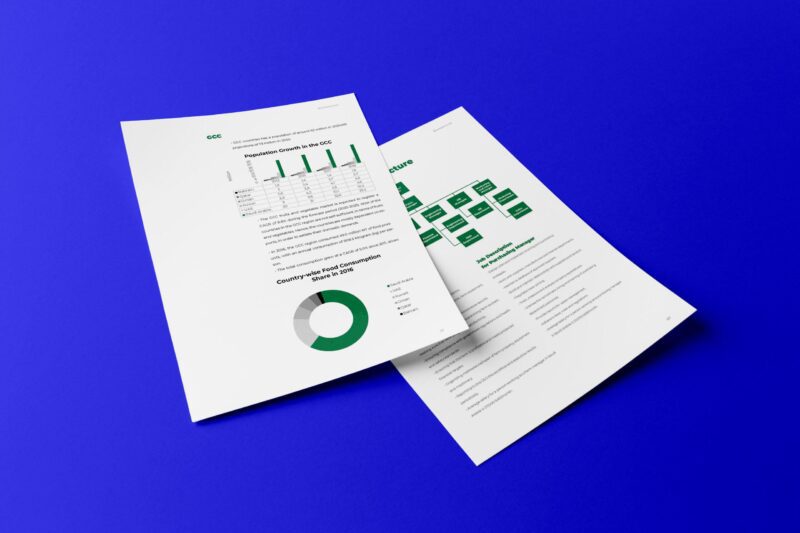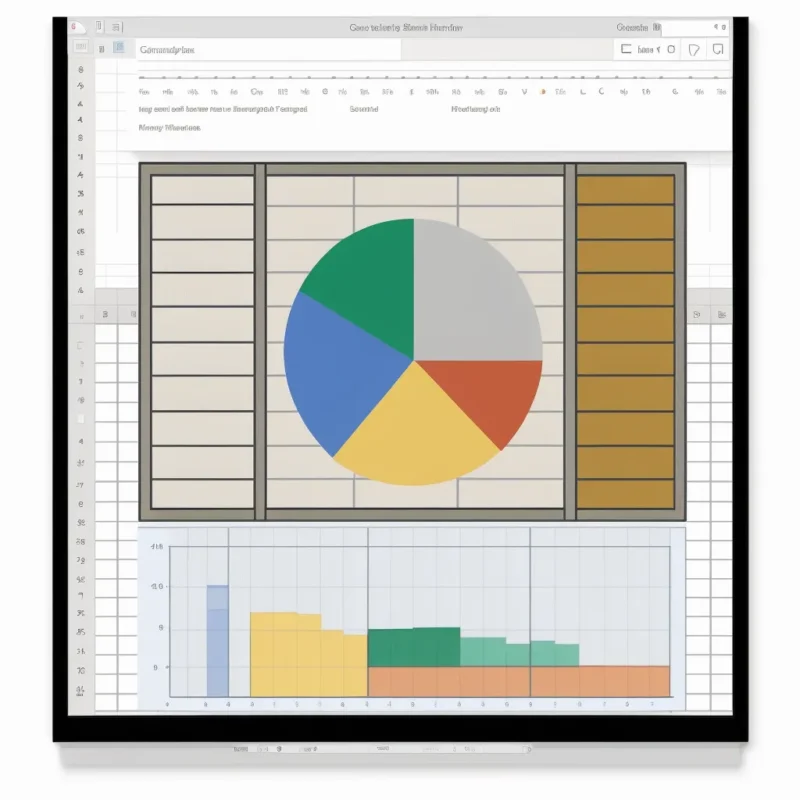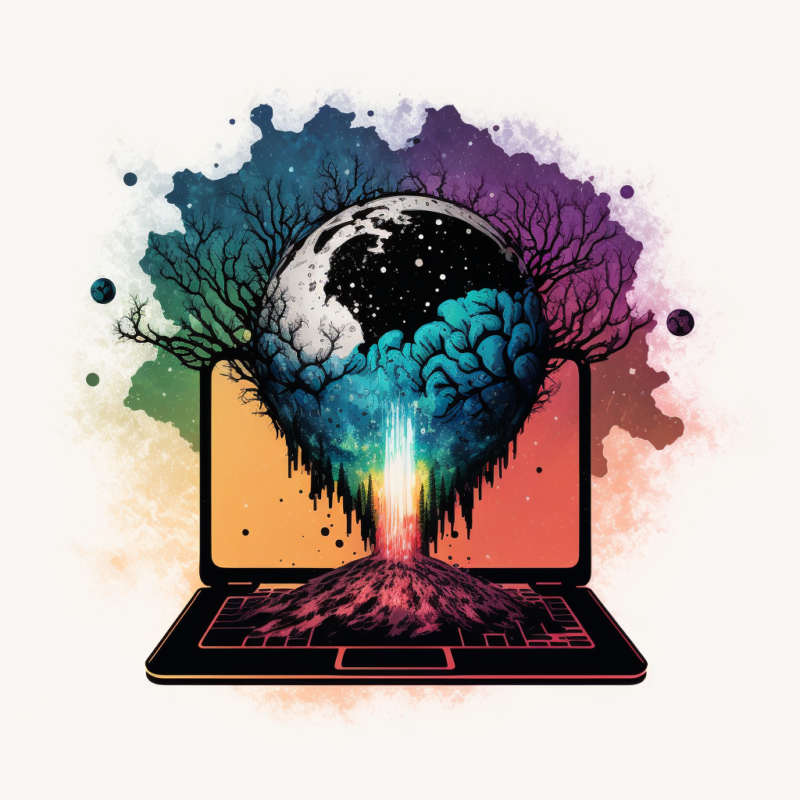You’re thinking of starting a new product. You hire a market research consultant and wait a month for the numbers to come in. Let’s assume that the numbers are good. What we see here is 30 minutes of delay. What if you could simply get that research in 5 minutes? AI could help, but it’s not an easy job as most LLMs are badly connected to the internet. So, the idea of creating AI market research is a challenging one.
Our team spent around six months developing a product that is in the making. Watch the video above if you’re interested. Writing a pitch deck in 2 minutes is our first step. Market research is our second. We aim to launch this at the start of 2025.
This is all under the codename of intensify. Now, let me tell you why using such a platform is a win-win.
Creating An AI Market Research in Minutes.
The landscape of market research is evolving at an unprecedented pace, and AI is at the forefront of this transformation. Let’s re-imagine what I said above. The scenario: you’re ready to launch a new product. Traditionally, you would endure the waiting game as a human market researcher, painstakingly compiling data over weeks. But what if you could condense that month of waiting into mere minutes? That’s where AI market research tools step in, revolutionizing the process with speed and efficiency that was previously unimaginable.
AI vs. Human Researchers: The Speed Factor
The contrast between AI and human researchers is stark when it comes to speed. Human analysis is thorough but time-consuming, and in a fast-paced business environment, time is a luxury you can’t afford. For instance, when we create a pitch deck or research, we inform our clients that we need at least 20 days.
AI tools, on the other hand, can churn through vast data lakes in the time it takes to make a cup of coffee. The efficiency gain is undeniable, but it’s not just about being fast—it’s about what you do with that speed. Quicker research means more time for strategy and implementation, giving businesses a competitive edge.
Accuracy and Connectivity: The Challenges of AI
While GPT-4 has made strides in understanding and generating human-like text, its connectivity to the internet is a significant hurdle, leading to inaccuracies and “flops.” Despite this, the technology has reached a remarkable level of precision, making it a valuable asset in the preliminary stages of market research. Following up, Gemini and Claude have entered the scene, aiming to refine the process further, promising to deliver more connected and accurate AI-powered market research tools.
Design Matters: Presenting AI Research
The output of AI market research is not just about the data; it’s about how the data is presented. Design plays a pivotal role in the usability and comprehension of the information provided. A well-designed report can make complex data accessible and actionable. This is where AI can again lend a hand, generating not only the research but also crafting the presentation of that research in visually appealing, easy-to-digest formats.
The Human Touch in AI Market Research
While AI can significantly accelerate the process of market research, the human touch remains irreplaceable for nuanced analysis and strategic decision-making. AI excels at providing a broad overview, identifying patterns and trends at a speed no human could match. However, interpreting this data with an understanding of cultural subtleties, economic implications, and consumer behavior nuances is where human intelligence shines. The future of market research lies in a synergistic relationship between AI efficiency and human insight.
The Future is Near: The Launch of Intensify
Looking ahead, the year 2025 marks the anticipated launch of “Intensify,” our platform under development designed to revolutionize how we approach market research. With the promise of writing pitch decks in two minutes and conducting market research in a fraction of the time it takes today, Intensify aims to be the next big leap in market analysis. It’s not just a win for speed—it’s a win for businesses at every level, offering the agility to adapt to market changes with unprecedented responsiveness.
The best part is that it’s designed by humans. So, the market research would actually have human input beforehand, making the accuracy tested. We’re with the humans on that one.
The future of market research is one where AI provides the foundation of rapid data analysis while human researchers build upon that foundation with strategic acumen. The combination promises a dynamic, adaptable, and incredibly efficient approach to understanding markets. As we stand on the cusp of this exciting future, the anticipation for platforms like Intensify grows, ready to unlock new potentials in speed, design, and strategic market insight.





